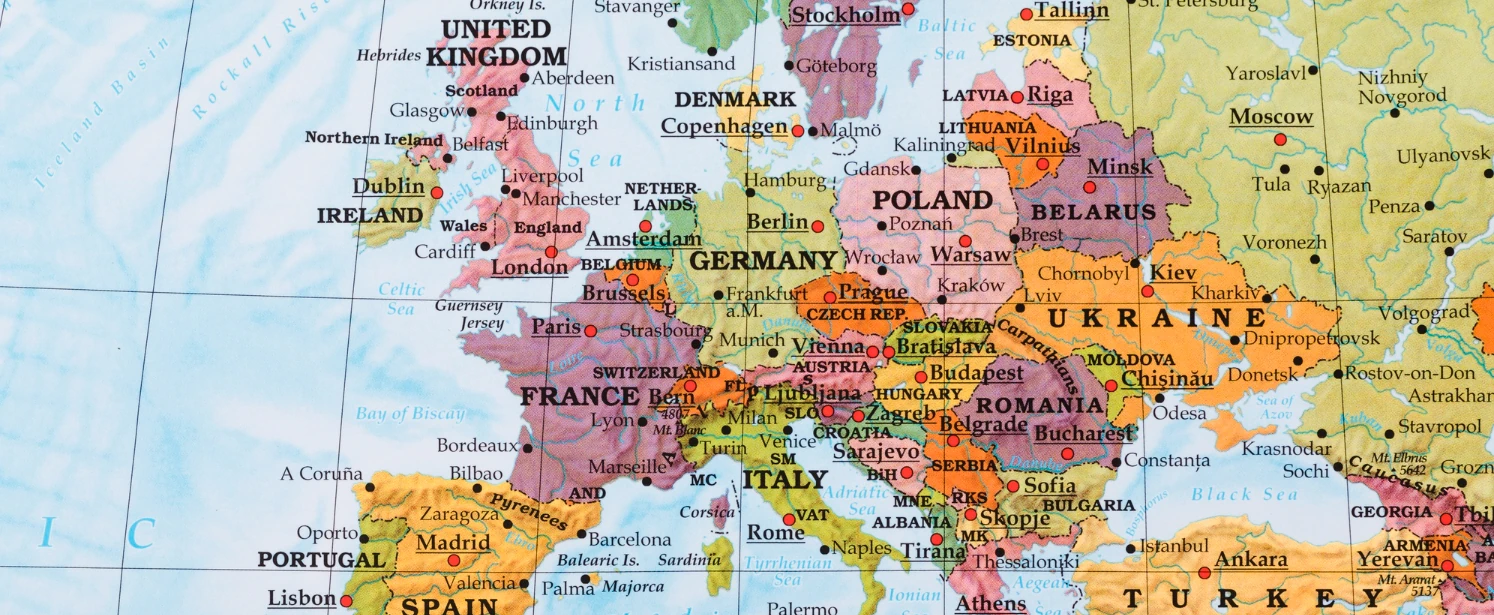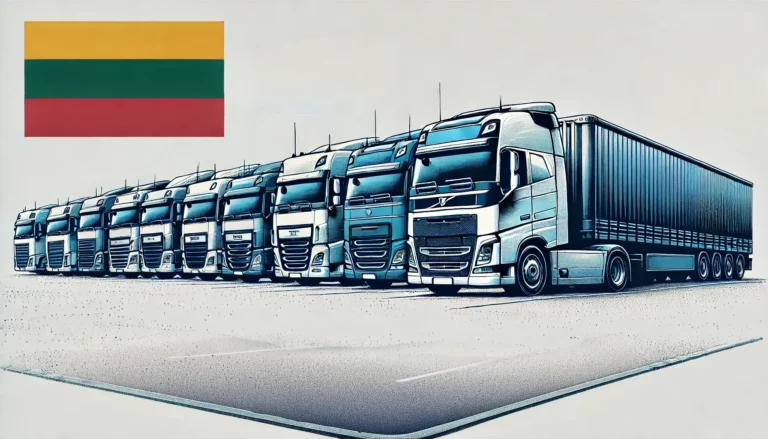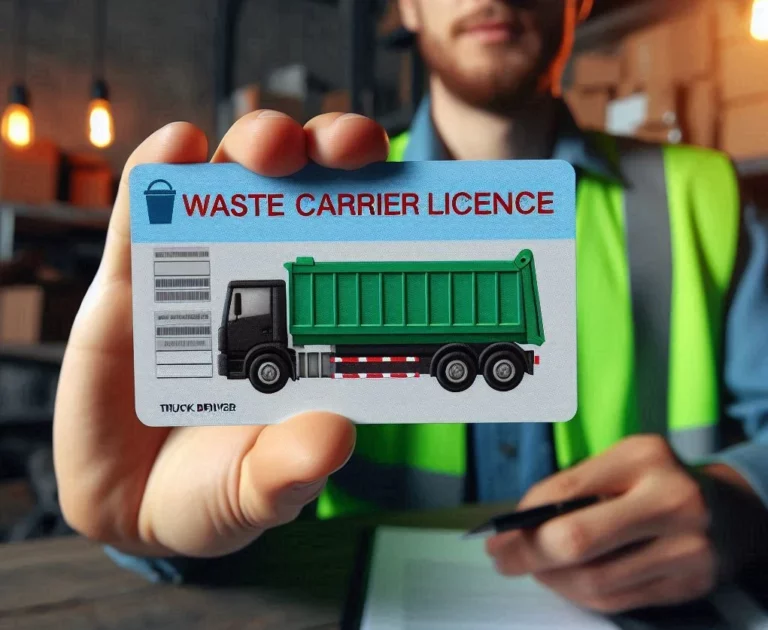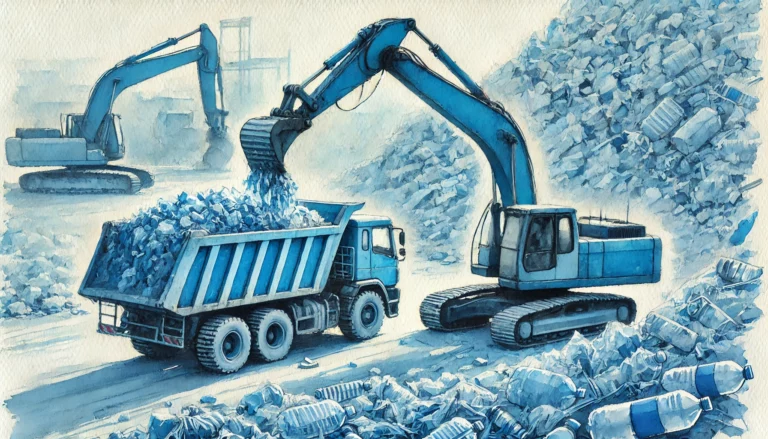How waste transport shaped the waste management in Europe
Europe’s approach to sustainability is exemplary, with Germany, the Netherlands, and France leading in waste management. These countries excel in the regulation and efficiency of waste transport, holding pivotal roles in the import, export, and treatment of waste. This article explores the unique strategies each country employs, supported by statistical data and relevant legislation.
Do you want to obtain waste transport permit in the Netherlands, Germany of France? Contact us:
office@wastetransportsolutions.eu

Waste transport standards – the German way
Germany’s waste management system is robust, supported by stringent laws like the German Circular Economy Act. This act ensures that waste management processes, including waste transport, adhere to high environmental standards. In 2019, Germany managed over 400 million tonnes of waste. German companies require a waste carrier permit to ensure all parties comply with national regulations.
The country is a net exporter of waste, exporting around 10 million tonnes annually. These exports require precise coordination and legal compliance, ensuring Germany remains a leader in European waste management.
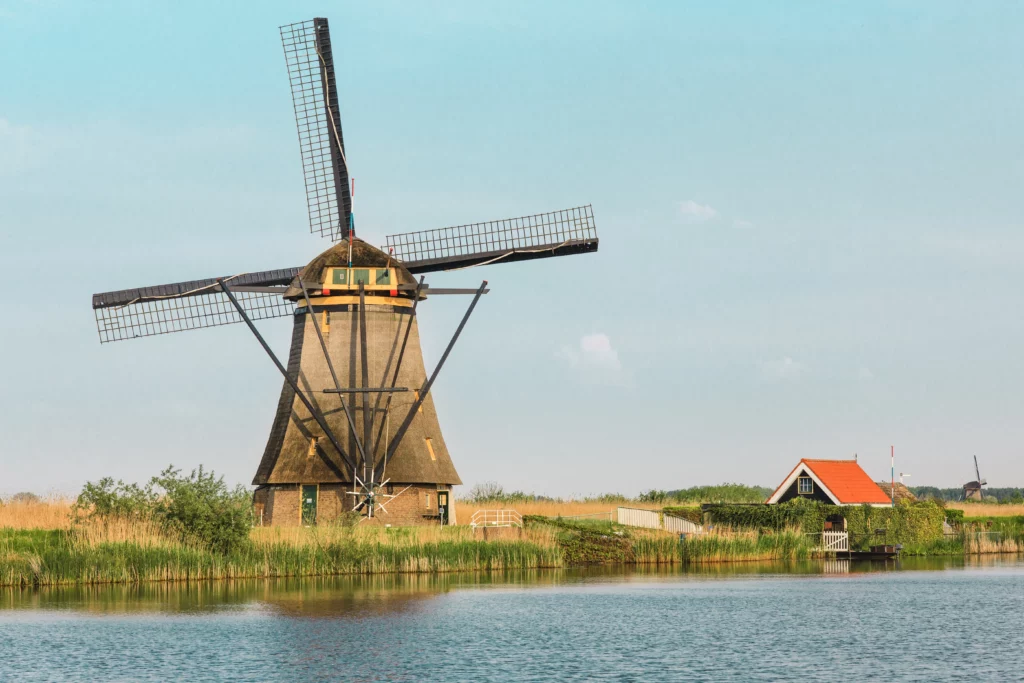
Dutch strategy for waste transport and management
The Netherlands acts as a major European hub for waste due to its strategic location and advanced policies. The Dutch Environmental Management Act governs waste management activities. It mandates that all waste transport activities must have a valid waste license to operate. This ensures the environmental safety of waste handling.
In 2020, the Netherlands imported about 4.5 million tonnes of waste, mainly for recycling and recovery. It exported about 6 million tonnes, benefiting from efficient waste treatment technologies.

France’s efforts towards sustainable waste management
France emphasizes sustainable waste management through the French Environmental Code. This code focuses on minimizing waste generation and maximizing recycling efforts. France treated approximately 35 million tonnes of waste in 2019.
France imported around 2 million tonnes and exported 1.7 million tonnes of waste in 2019. These activities are closely regulated, highlighting France’s commitment to sustainable waste management.
Similarities and differences
Germany, the Netherlands, and France each have unique approaches to waste management. Germany’s system is highly organized, focusing on compliance and capacity. The Netherlands leverages its geographic advantage and innovative technologies to facilitate waste transport and treatment. France focuses on reducing waste generation and enhancing recycling.
All three countries utilize a system of waste carrier permits and licenses to regulate and monitor waste transport. This ensures that waste management practices not only comply with local laws but also contribute to broader environmental goals.
These nations exemplify how tailored legislation, combined with strategic management and international cooperation, can lead to efficient and sustainable waste management systems. Through their efforts, they contribute significantly to Europe’s environmental sustainability goals.

